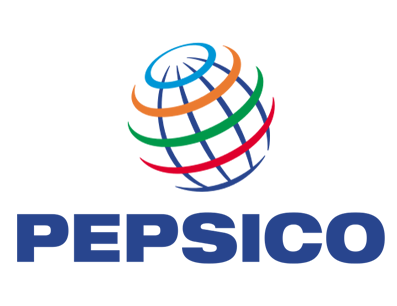
Published: 15 Feb 2022
The much-loved combination of beer and crisps is being harnessed for the first time to tackle climate change.
Crisps firm Walkers has adopted a technique it says will slash CO2 emissions from its manufacturing process by 70%.
WALKERS TO CUT CARBON EMISSIONS BY BRINGING POTATOES FULL CIRCLE
• Walkers is introducing innovative technology to manufacture low-carbon, nutrient-rich
fertiliser using potato peelings, in partnership with CCm Technologies
• The fertiliser will be supplied to UK farmers growing potatoes for Walkers crisps from next
year, helping to close the loop and improve soil health
• Use of the fertiliser is expected to reduce Walkers’ carbon emissions from growing
potatoes by 70%[1]
Leicester, 7 December 2020: Walkers crisps, one of the largest buyers of British potatoes, is
partnering with British clean-tech firm CCm Technologies to reduce its carbon footprint by turning
its potato waste into fertiliser.
Using innovative carbon-capture technology, potato peelings leftover from making crisps will be
transformed into low-carbon fertiliser and returned to farms where potatoes for Walkers crisps are
grown across the UK.
Following a promising trial of the fertiliser, which was applied to potato seed beds this year, Walkers
is planning to install CCm’s specialist equipment at its Leicester factory next year to begin wider
production in preparation for its 2022 crop. Once supplied at scale, the fertiliser is expected to
reduce Walkers’ potato-based carbon emissions by 70%.
The technology is designed to connect to the factory’s anaerobic digestor, which uses food waste
to generate nearly 75% of the electricity used at the plant[2]. The newly installed equipment will use
the by-product waste from the anaerobic digestion process to create the fertiliser.
By turning potato waste into a reusable resource, Walkers is driving more circularity in the potato
growing process,helping farmers reduce their impact on the environment. This initiative forms part
of a broader award-winning agriculture programme from Walkers, which has previously helped UK
growers achieve a 50% cut in their water use and carbon emissions.
The new initiative could set Walkers on a path to becoming carbon-negative in its potato production
over the next decade. In addition to the low carbon status of the fertiliser itself, research projects
that its long-term use will improve soil health, aiding a natural carbon sequestration process.
Walkers brand owner, PepsiCo, is also looking to bring the benefits of the new, circular fertiliser to
further European markets and other crops, such as oats and corn.
David Wilkinson, PepsiCo’s Senior Director of European Agriculture commented
“From circular potatoes to circular crops, this innovation with CCm Technologies could provide
learnings for the whole of the food system, enabling the agriculture sector to play its part in
combating climate change. This is just the beginning of an ambitious journey, we’re incredibly
excited to trial the fertiliser on a bigger scale and discover its full potential.
“This initiative is a step in the right direction, and we will continue working hard to lower the carbon
impact of our products from field, through manufacturing sites, to consumption.”
This innovation in fertiliser production will progress in partnership with CCm Technologies, a British
cleantech company based in Oxford and founding member of the Sustainable Markets Initiative,
launched by HRH The Prince of Wales with the support of the World Economic Forum.
© 2020 CCm Technologies Limited (Company Nbr. 07633047) | Oxford University Begbroke Science Park, Woodstock Road, OX5 1PF, United Kingdom
Pawel Kisielewski, CCm Founding Director commented